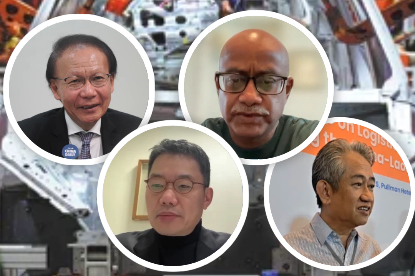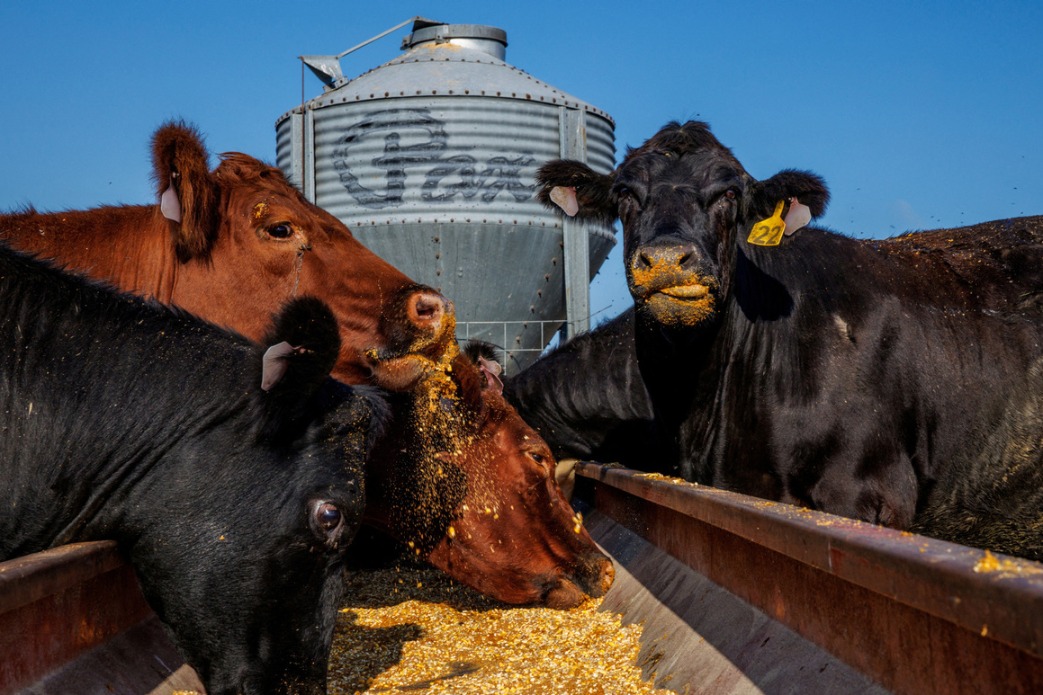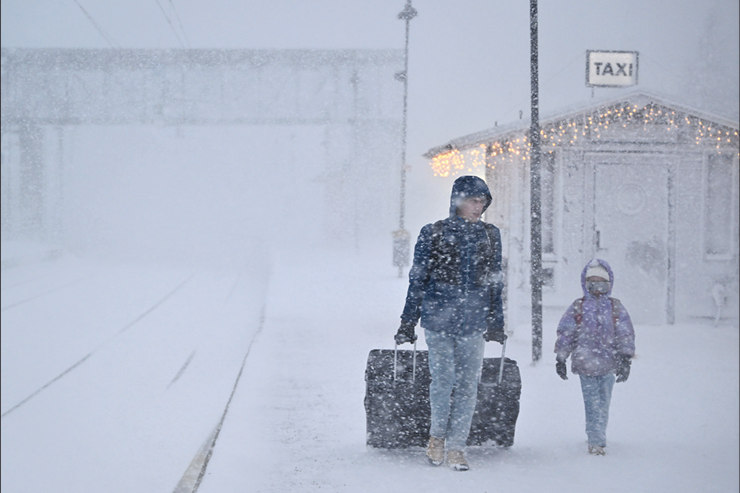Facial recognition in central London raises concerns

Mayor of London demands to know if company believes its use of technology is legal

A private developer's use of facial recognition technology at a 27.1 hectares site in central London, across an area including the Google headquarters, has raised questions from the public and the mayor of London.
The mayor of London has written to the owner of a King's Cross development demanding to know whether the company believes its use of facial recognition software in its CCTV systems is legal.
Property developer Argent said it was using the cameras "in the interests of public safety" in King's Cross, mostly north of the railway station, but the precise uses of the technology remained unclear.
While Argent has defended its use of the technology, it has repeatedly declined to explain what the system is, how it is used or how long it has been in operation.
The mayor, Sadiq Khan, wrote to Robert Evans, the chief executive of the King's Cross development, to "request more information about exactly how this technology is being used".
Khan also asks for "reassurance that you have been liaising with government ministers and the Information Commissioner's Office to ensure its use is fully compliant with the law as it stands".
The land is privately owned, but is widely used by the public and is home to a number of shops, cafes and restaurants, as well as considerable office space.
There had been nothing to suggest that facial recognition was in use until the fact was revealed by the Financial Times on Monday.
Camden council, the local authority in which King's Cross falls, and whose headquarters is also in one of the development's buildings, said the use of CCTV and facial recognition software must be accountable.
A spokesperson for the Labour-run authority told the Guardian: "The public will want to be reassured that they are not being monitored inappropriately – as do we."
In the UK, police are conducting trials of the technology in public areas in south Wales, Leicestershire and London. However, there are currently no laws or government policies in place to regulate its use. Police use of facial recognition is currently being challenged in the courts.
Cameras using the software are used by police forces to scan faces in large crowds in public places such as streets, shopping centers, football stadiums and music events such as the Notting Hill carnival. Images harvested can then be compared to a database of suspects and other persons of interest.
There is a growing demand for the technology in shops, with dozens of companies selling retail facial-recognition software to deal with shoplifting and disturbance issues. Budgets for policing in England have been cut since 2010, and a change in the law in 2014 meant police directed time and resources away from shoplifting. The rapid improvement in AI technologies, and the dramatic fall in cost, means that facial recognition software is now viable.
In the United States, the Guardian reports that one in two US citizens is on a law-enforcement facial-recognition database. Concerns over lack of regulation and privacy led to the city of San Francisco banning the use of facial recognition by the police in May this year, with Somerville, Massachusetts, following its lead.

































